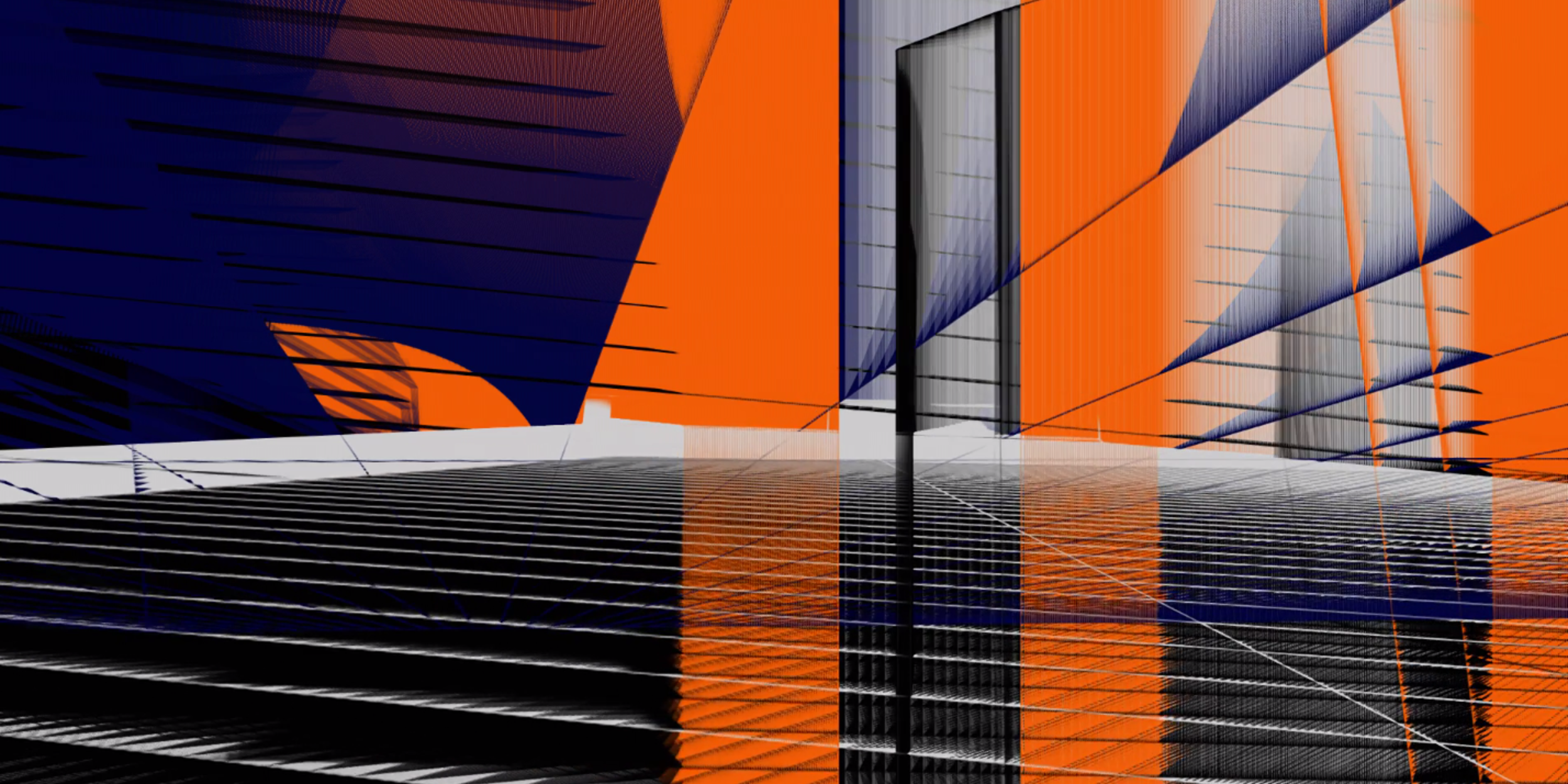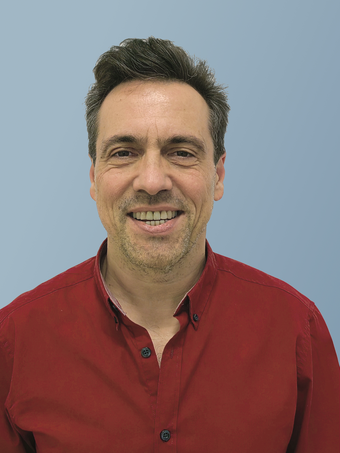Multimedia

Overview
The main aim of the Multimedia programme supplement is to enable students of music, music and dance education to master the media applications they need for their career entry and professional advancement. In addition, their skills in creative expression with media support and reflection on intermedia developments are promoted.
Contact
iwan.pasuchin@moz.ac.at
peter.schmidt@moz.ac.at
Basic module
12 ECTS-CREDITS
Advanced module
12 ECTS-CREDITS
Download
General information
In the 21st century, mastery of media technologies is increasingly becoming one of the basic requirements for a successful career, both for performing musicians and for music and dance teachers. Among other things, they are expected to have the skills to produce and publish high-quality audio and video productions (e.g. for competition submissions or as documentation of performances and educational projects), to design graphic materials such as CD covers and booklets or promotional materials and to present themselves or their work professionally in digital form.
In addition to knowledge of individual media applications, the ability to recognise interactions between different aesthetic and media forms of expression (intermedia) in social contexts is becoming increasingly important in order to be able to deal productively and creatively with the associated convergences - e.g. in the field of social media and in the implementation of interdisciplinary artistic and artistic-educational projects.
The main aim of the Multimedia programme supplement is to enable students of music and music and dance education at the Mozarteum University Salzburg to master the media applications they need for their career entry and professional advancement. In addition, their competences for creative expression with media support and for reflecting on intermedia developments are promoted. The study supplement serves to develop students' individual profiles and follows the objectives of the Bologna Process with regard to an interdisciplinary, modularised range of courses.
Basic module
The courses in the basic module aim to teach basic skills in the use of current media technologies. Students are enabled to create audio and video recordings of their own musical interpretations or of their students' performances and edit them so that they can be published on CD, DVD or on the internet. They are also introduced to the basics of graphic design, learning how to design CD covers, booklets, advertising brochures and websites. Students also gain an insight into intermedia creative production in the basic module.
The basic module consists of courses totalling at least 12 ECTS credits. The following compulsory introductory courses must be completed:
- VU Fundamentals of New Media (2 SWS/2 ECTS)
- UE Fundamentals of Sound Engineering (1 SWS/1 ECTS)
The course UE Fundamentals of Sound Engineering (1 SWS/1 ECTS) can be replaced with the course UE Audio Engineering and Sound Reinforcement (2 SWS/1.5 ECTS) or with the course VU Fundamentals for the Production of an Audio CD as an Artistic Master's Thesis (2 SWS/3 ECTS).
Freely selectable: In addition, recommended courses in the basic module in the field of media from the programme offered by the Mozarteum University Salzburg must be selected (9 ECTS). Information on the courses offered in the respective semester as part of the supplementary programme can be found in MOZonline.
Note: As an option to the recommended courses in the media area, students can, after consultation with the head of the supplementary study programme, also choose courses of equivalent content from the other courses offered by the Mozarteum University Salzburg or, if the content matches, 2 ECTS from the courses offered by the other supplementary study programmes (possibly also from the courses offered by other recognised post-secondary educational institutions).
Advanced module
The advanced module deepens the skills, abilities and knowledge acquired in the basic module. The focus is on advanced media applications on the one hand and on creative expression in the form of cross-media and cross-arts project work and reflection on inter-media interactions in social contexts on the other. Individual focussing is possible depending on what is on offer.
The supplementary programme is aimed at students of music and music and dance education at the Mozarteum University Salzburg, i.e. instrumental and vocal studies, composition, music theory, conducting, instrumental (vocal) pedagogy, music education, instrumental music education and music and dance/movement pedagogy.
The supplementary programme can be taken by all students of the Bachelor's, Master's, Diploma and, if applicable, Doctoral degree programmes listed. Students of other degree programmes can take part in the supplementary course within the framework of the free electives, subject to available capacity. Students from other universities can be admitted to the programme supplement subject to available capacity (further information: Study and Examination Management of the Mozarteum University Salzburg).
The course certificates of the supplementary programme can be used both for issuing the certificate and as part of the free electives (provided they are not compulsory subjects of the student's own degree programme).
As study supplements can also be completed outside the free electives, students have the opportunity to obtain a certificate for the basic module (12 ECTS) and for the advanced module (12 ECTS).
The following certificates can be applied for after successful completion of the courses for the supplementary programme: A certificate for the basic module Multimedia is issued after positive completion of the basic module with courses of different content totalling at least 12 ECTS.
A certificate for the advanced module Multimedia is issued after successful completion of the advanced module with further courses of different content totalling at least 12 ECTS credits. The examination certificates for the courses must be submitted in the specified digital form (individual certificates in PDF format as well as a list of courses) to the Head of Supplementary Studies for the purpose of checking the ECTS credits and the correct allocation of the completed courses. The certificates are then issued by the Study and Examination Management of the Mozarteum University Salzburg on behalf of the Vice-Rector for Teaching.
The Multimedia course supplement is organised and coordinated by the Department of Music Education at the Mozarteum University Salzburg. The course programme is compiled from the courses in the media area of the Mozarteum University Salzburg and supplemented as required.
Which courses take place as part of the supplementary study programmes?
The current courses on offer are announced each semester.
How do I register for individual courses?
Registration takes place via MOZonline. If external university courses are taken as part of a supplementary course, you must also register with the organising university (e.g. Paris Lodron University Salzburg).
How are the study supplements recognised and certified?
Certificates obtained for supplementary study programmes can be used twice:
- In the case of a sufficient number of certificates for the basic or advanced module (12 ECTS-Credits each) of the respective study supplements or for the specialisation.
- As part of the free electives (provided they are not compulsory subjects of your own degree programme).
How is the certificate issued?
Certificates for study supplements at the Mozarteum University Salzburg:
After completing the required 12 ECTS-Credits for the basic module or advanced module, the courses must be entered in the course list and sent together with individual certificates in PDF format by e-mail to the respective head of the study supplement for verification. After the review, the head of the supplementary study programme must forward the documents to the Study and Examination Management for the issue of the certificate. The certificate must be collected from the Servicepoint of the Mozarteum University Salzburg, Mirabellplatz 1 after it has been issued.

